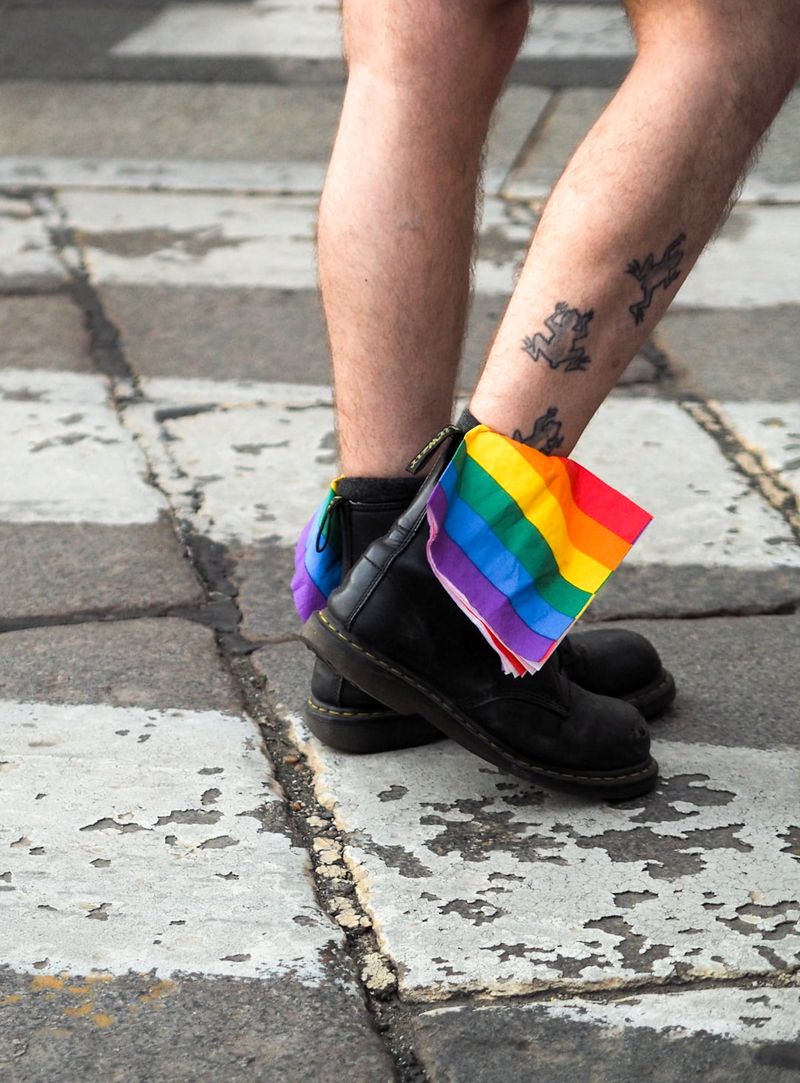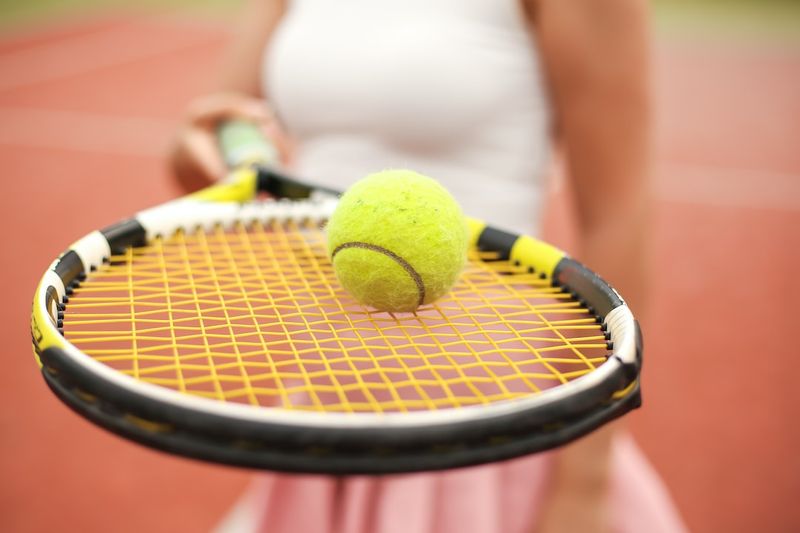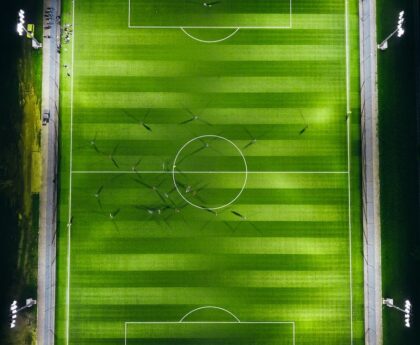Tragic Suicide of Majid Ali: A Call for Addressing Mental Health in Sports
A Devastating Loss for the Sporting Community
In a tragic turn of events, Majid Ali, a young and promising athlete, has taken his own life. The death of Ali, who was known for his immense talent and dedication to his sport, has sent shockwaves through the sporting world. This incident serves as a stark reminder of the immense societal pressure and mental health challenges faced by athletes today.
Mental Health in Sports: A Silent Battle
Ali’s untimely death sheds light on the pressing issue of mental health in the world of sports. While athletes are often seen as individuals with physical prowess and mental toughness, the reality is that they too carry the burden of mental and emotional struggles. The intense pressure to perform, the constant scrutiny from fans and the media, and the sacrifices required to excel can take a toll on athletes’ mental well-being.
The Need for Recognition and Support
It is high time that the sporting community, as well as society at large, recognizes the importance of mental health in athletes and provides adequate support systems. Mental health should be prioritized just as physical health is when it comes to providing athletes with the tools and resources needed to cope with the demands of their profession.
Breaking the Stigma
In order to address mental health challenges in sports effectively, we must break the stigma associated with seeking help. Athletes should not be made to feel weak or inadequate for seeking assistance with their mental well-being. Encouraging open conversations about mental health and normalizing seeking professional help will go a long way in providing athletes with the support they need.
Creating Safe Spaces
Sporting organizations, governing bodies, and team management must create safe spaces where athletes feel comfortable expressing their mental health concerns without fear of judgment or repercussions. These spaces should provide access to qualified mental health professionals, counselors, and resources that cater specifically to the needs of athletes.
Enhancing Mental Health Education and Awareness
Educating athletes, coaches, and sports administrators about mental health is another crucial step in addressing the issue. By increasing awareness and providing information on the signs and symptoms of mental health problems, athletes and those responsible for their well-being can identify and address issues in a timely manner.
An Editorial: Prioritizing Mental Health in Sports
The Double Standards
In the world of sports, physical injuries often receive immediate attention and extensive support. However, the mental health struggles of athletes are often overlooked or dismissed. This double standard needs to be rectified. Mental health should be regarded with the same importance as physical well-being, as it directly affects an athlete’s performance and overall quality of life.
Athletes as Role Models
Athletes, by virtue of their celebrity status and influence, have become role models for millions of individuals, especially the young. It is imperative that athletes receive the necessary support and guidance, not only to aid their personal well-being but also to set a positive example for their fans. By prioritizing mental health, athletes can inspire others to do the same.
Challenging the Culture of Toxic Masculinity
Sports has often been associated with a culture that encourages toughness, resilience, and masking vulnerabilities. This toxic masculinity culture can exacerbate mental health issues among athletes. It is crucial to challenge this gender stereotype and embrace the idea that seeking help and expressing emotions is a sign of strength, rather than weakness.
A Unified Effort
Addressing mental health in sports requires a unified effort from athletes, sporting organizations, fans, and society at large. Together, we must advocate for the implementation of mental health programs, destigmatization, and the necessary resources to support athletes in their journey of mental well-being.
Advice for the Sporting Community
Athletes: Prioritize Self-Care
Athletes, remember that taking care of your mental health is just as important as physical training. Prioritize self-care, seek support when needed, and don’t hesitate to reach out for help. Remember that your mental well-being directly impacts your performance and overall happiness.
Coaches and Team Management: Foster Supportive Environments
Coaches and team management play a vital role in creating a supportive environment for athletes. Encourage open conversations about mental health, provide access to resources, and emphasize the importance of seeking help. By nurturing a culture that prioritizes mental well-being, you can help your athletes thrive both on and off the field.
Fans and Media: Show Empathy
Fans and media have a significant influence on athletes’ mental state. Show empathy, avoid undue criticism, and celebrate their achievements while acknowledging the pressures they face. Let’s create a positive and compassionate environment that uplifts athletes rather than exacerbating their mental health struggles.
Sporting Organizations: Take Responsibility
Sporting organizations must take responsibility for the mental well-being of their athletes. Allocate resources for mental health programs, provide regular mental health check-ups, and create policies that safeguard the mental health of athletes. This holistic approach will not only benefit individual athletes but also contribute to the overall success of the sporting community.
In conclusion, Majid Ali’s tragic suicide serves as a heartbreaking reminder of the urgent need to address mental health in sports. By recognizing the challenges faced by athletes, breaking the stigma, and fostering supportive environments, we can pave the way for a brighter and healthier future for all athletes. Let us learn from this tragedy and take immediate action to prioritize mental health in sports.

<< photo by Antoni Shkraba >>
The image is for illustrative purposes only and does not depict the actual situation.
You might want to read !
- Ineos Grenadiers Facing Possible Tour de France Flop Without a Leader
- Tragedy on the Track: The Fatal Crash of 18-year-old Dilano van ‘t Hoff at Spa-Francorchamps
- Unlocking the Symbolic Significance: Unveiling the Layers of Narrative in “Nimona”
- Exploring the Stunning Start of Tour de France 2023: Bilbao Takes the Stage!
- “The Ultimate Guide to Streaming WWE Money in the Bank 2023: Date, Time, and How to Catch the Action Live”
- “The Evolution of Wrestling: Unleashing the Online Spectacle of WWE Money in the Bank”
- Remembering the Legacy of Oscar-Winning Actor Alan Arkin, Who Passed Away at 89
- Wimbledon Preview: Djokovic and Rybakina Prepared to Conquer the Grass Again
- Murray and Peniston: A Battle of Brits Kicks Off Wimbledon
- Lyon’s Injury Raises Doubts About His Participation in the Remaining Ashes Series




